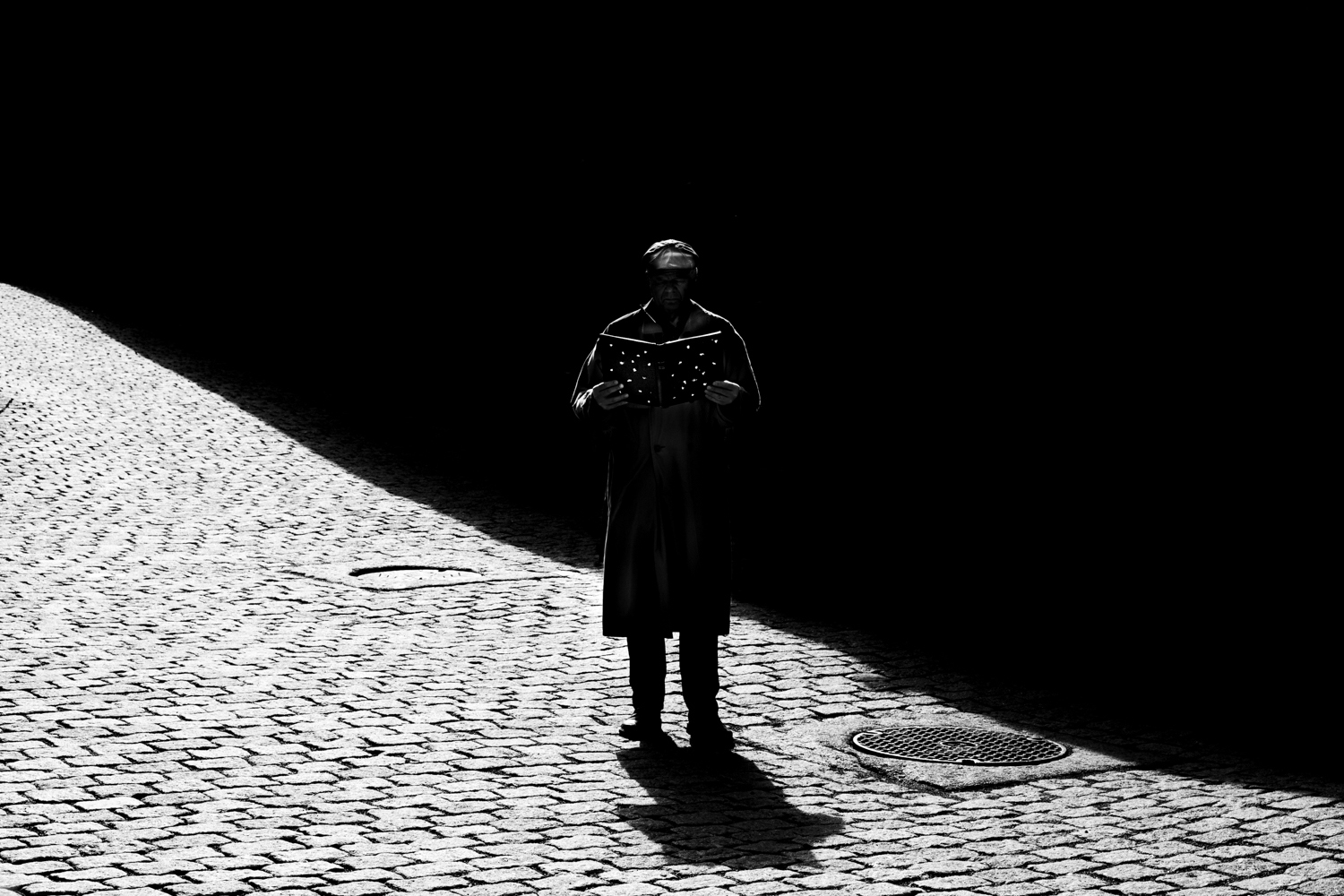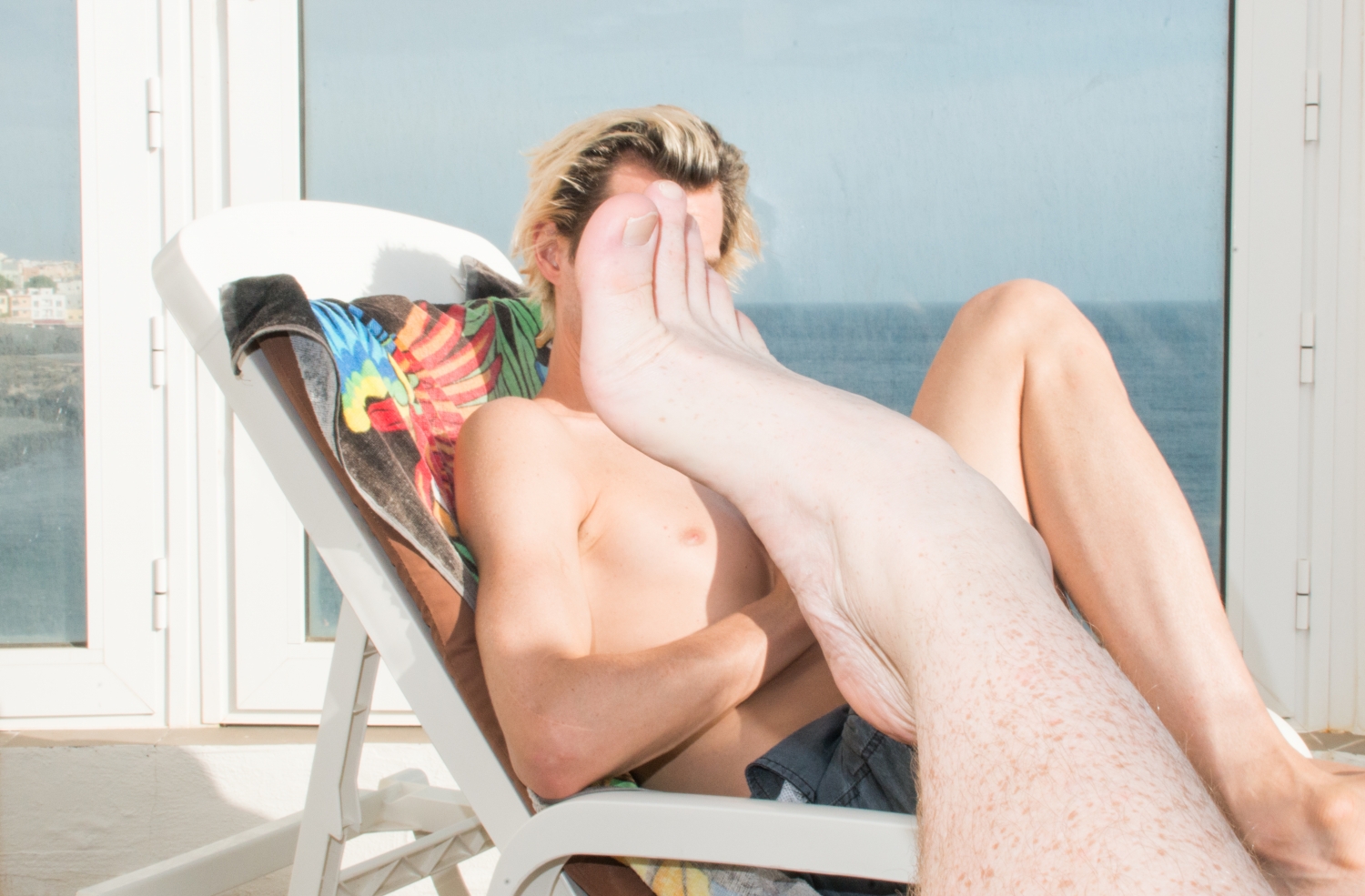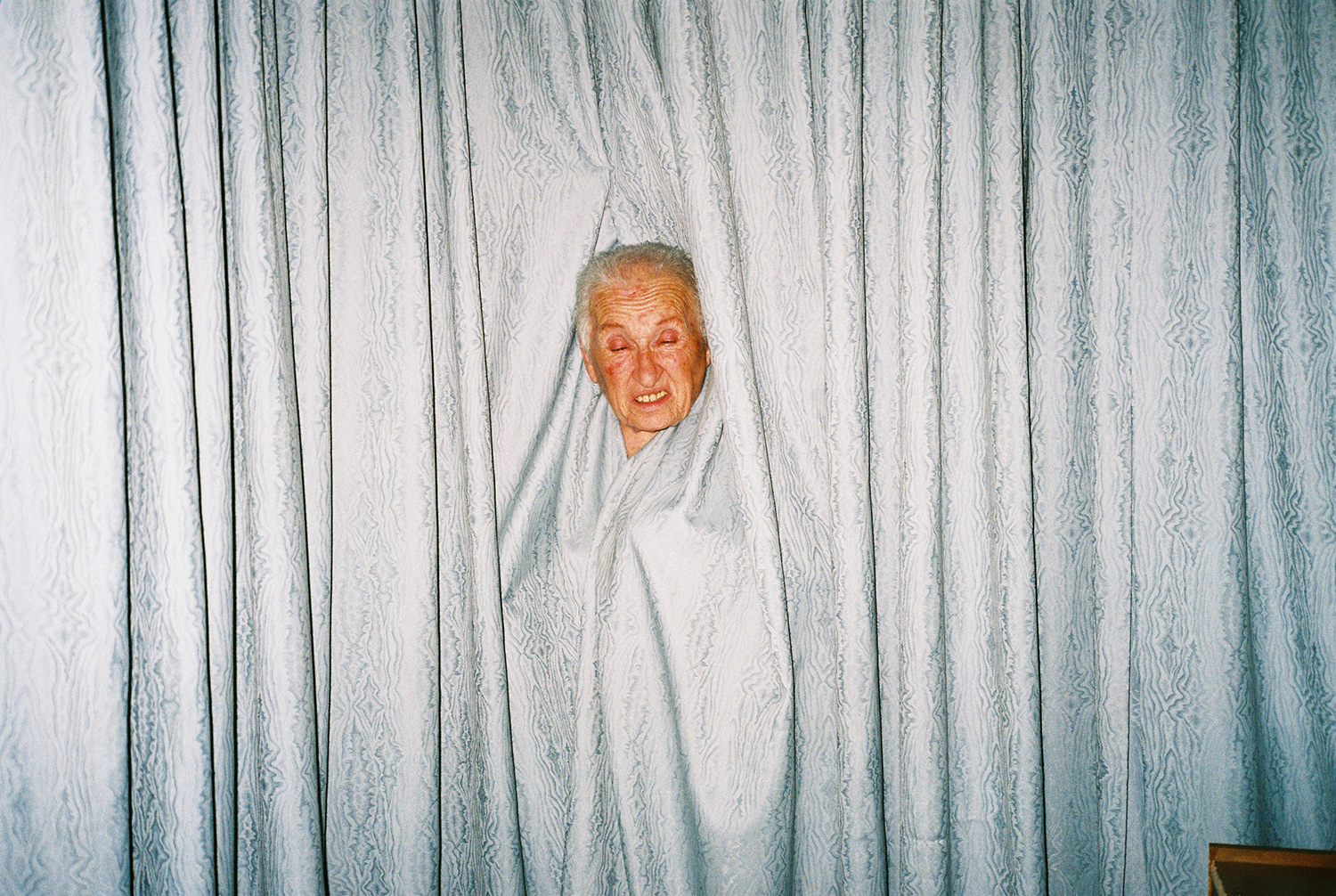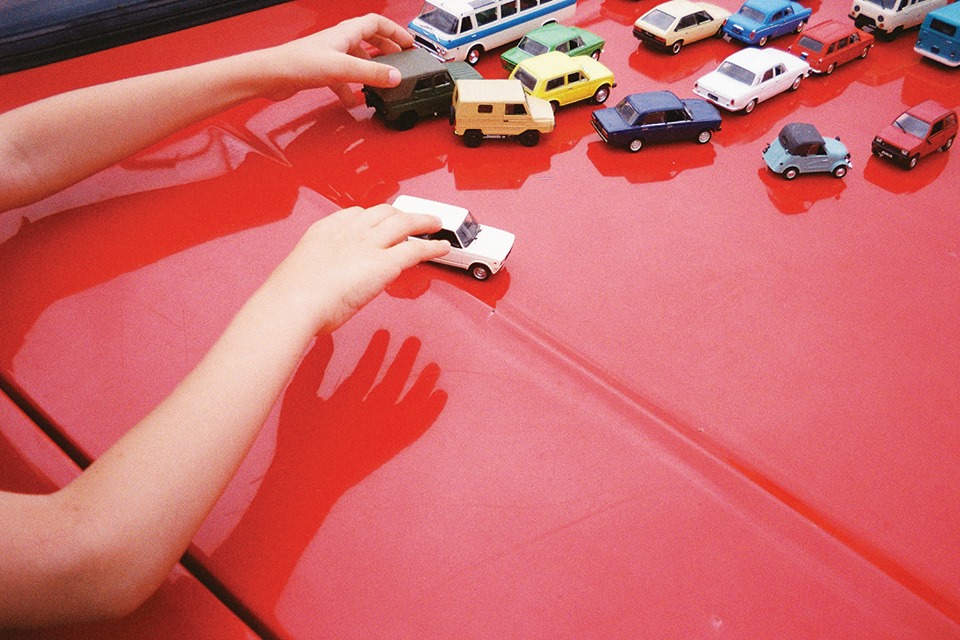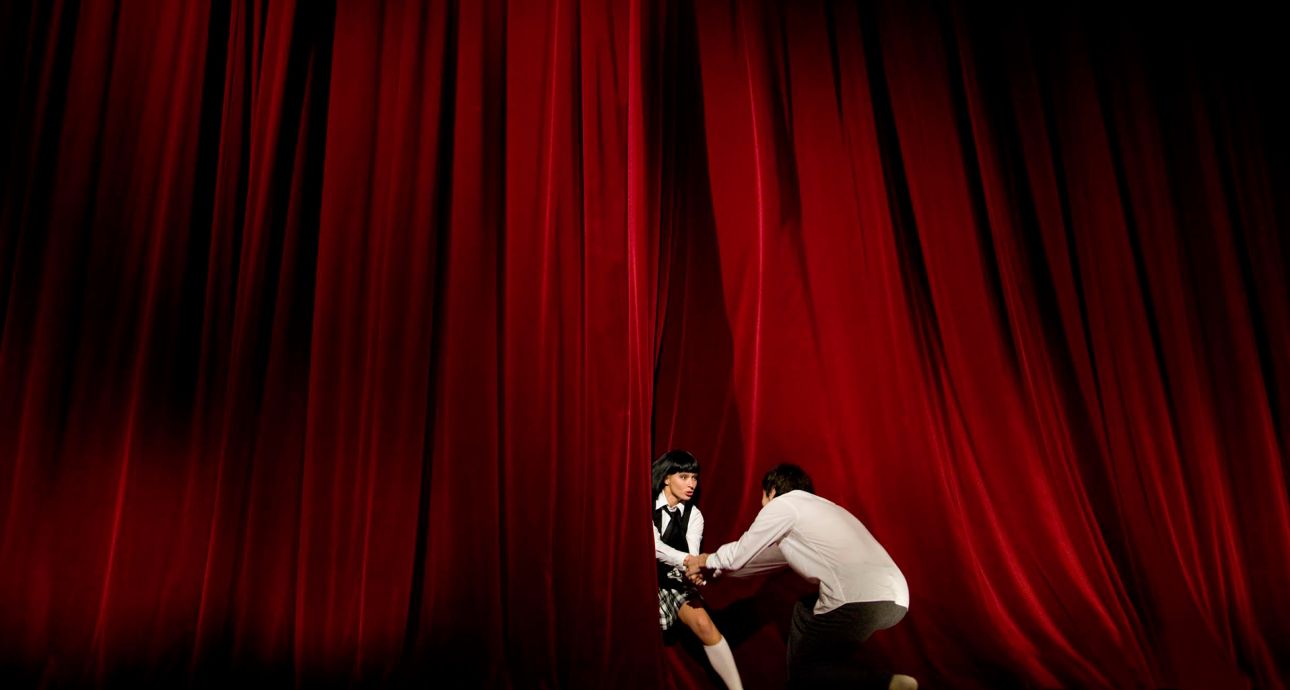
Portfolio: Lena Kern
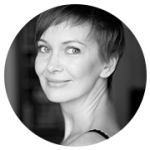
Born in Novosibirsk, lived in Moscow, currently based in Berlin. Shoots portraits and theater and opera performances in Moscow, London, Vienna, Berlin. Published works in The Times, The Guardian, Das Opernglas, Die Bühne, Itogi, Ogonyok, Izvestiya. In 2015, had a solo exhibition Faces and Spaces in Andreas Reinsch gallery in Berlin.
— I photograph people because I am good at it. I’m not just making people look nice in my pictures. There’s beauty in every human being, and I believe I’m good at seeing that beauty, and at expressing it through my work. Many people come to the shoot because they want to enhance their self-esteem, see what stars they really could be. I am absolutely sure that the camera loves everyone, and if it doesn’t, it’s the photographer’s fault. Also, it’s probably important that I’m interested in people, that’s why during the two-three-hour shoot I try to get as close as I can with the models, and it often happens that we keep in touch after the shooting.
When I lived in Moscow, I often worked on cinema sets — in various positions, from assistant director to interpreter — so that they would let me photograph. Cinema and photography are my two biggest passions, and I was very lucky to combine them together. I saw the Russian filmmaking masters at work — Vladimir Mirzoyev and Mikhail Kozakov, Yuriy Moroz and Sergey Koltakov. I found out that, surprisingly, you can meet great artists on the set of a mediocre TV series. I made friends with many of them, and this was how I got into the theater. I worked with Moscow Art Theater and Tabakerka, shot the performances directed by Bogomolov and Serebrennikov. This was an invaluable experience and also an extreme pleasure. Now I shoot mostly opera performances in Vienna, London, and Berlin. I often hear that my photographs look like screenshots from movies — I could take this as an accusation of excessive staging (which is especially annoying if said about reportage photos) or as a compliment, and I usually opt for the latter.
I discard almost all photographs that I take in the first half an hour of the shoot. Most people need time to get used to me, to the camera, and to the situation of being photographed. Even if it’s an actor or an opera singer, who is used to being in front of the audience and the camera. The best photos are usually taken towards the end of the shoot when the person gets tired and finally relaxes.
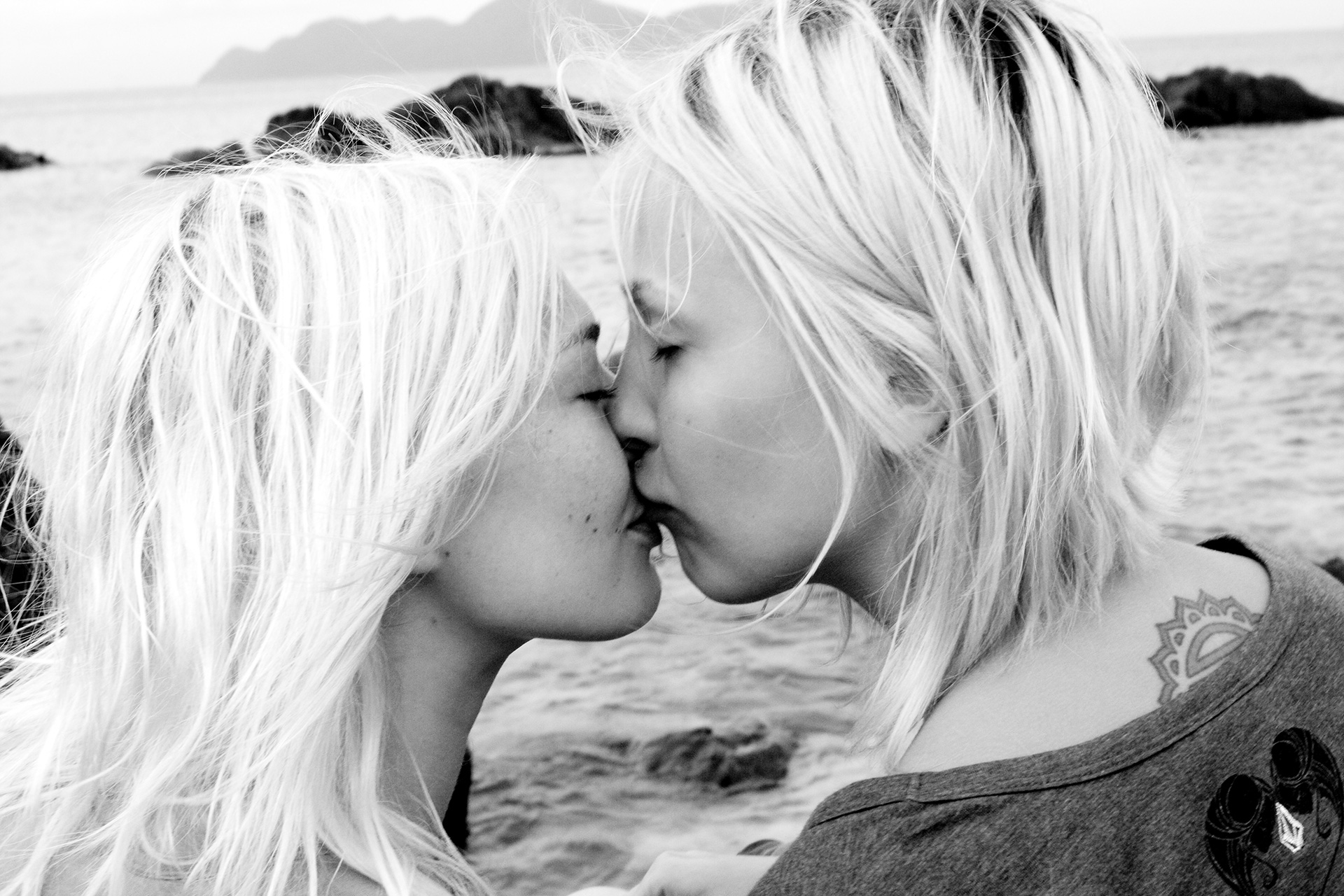
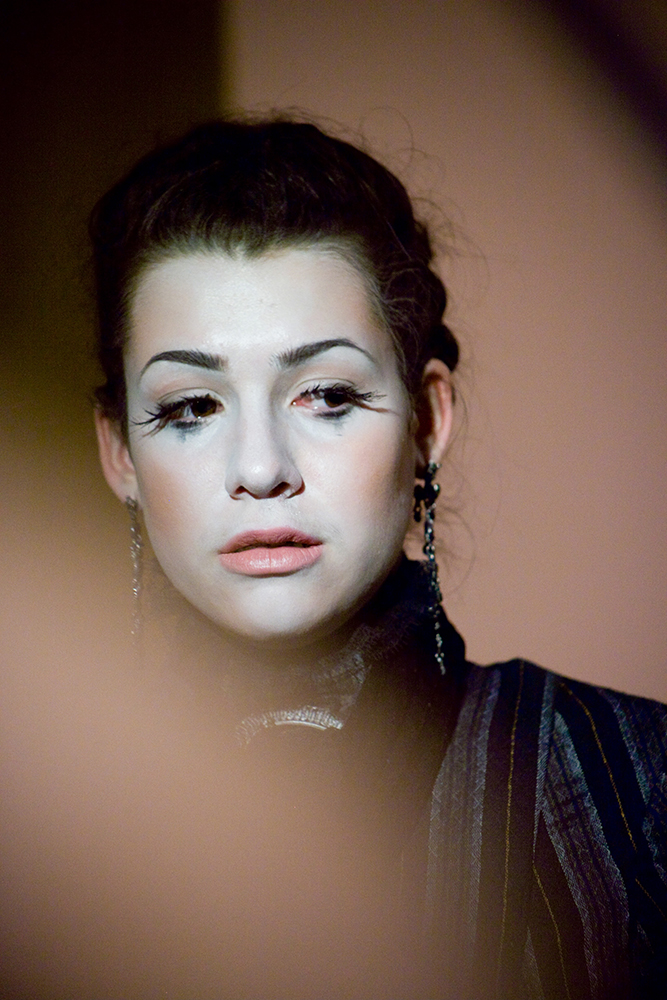
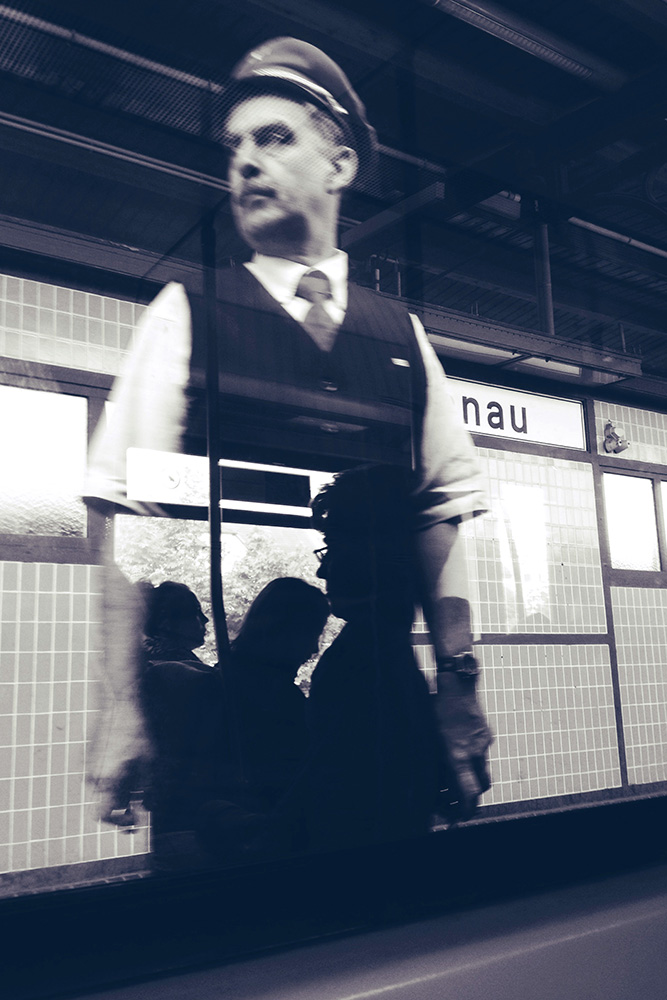
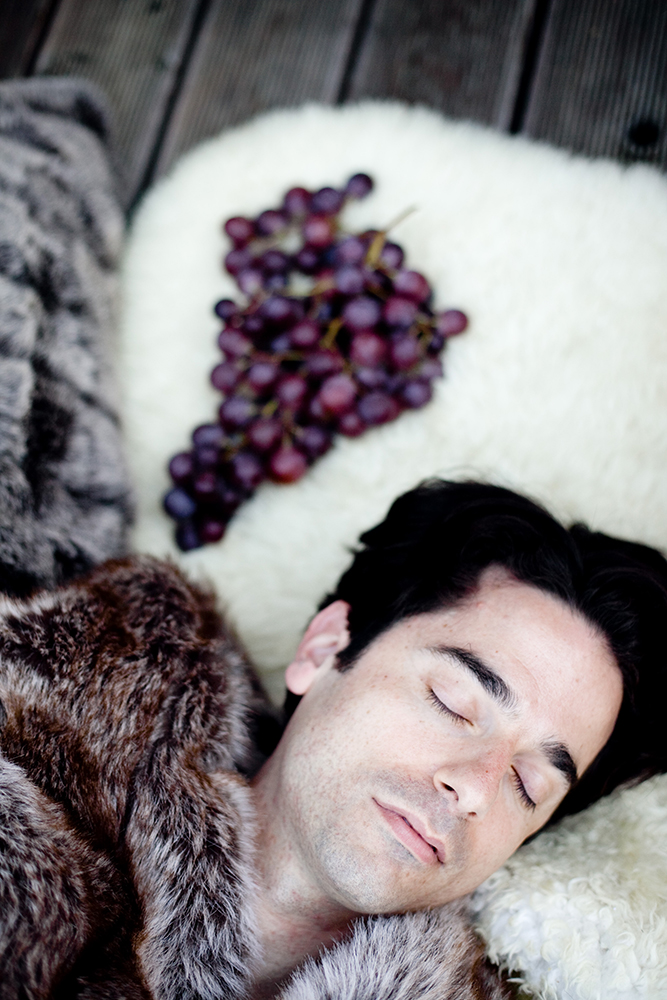
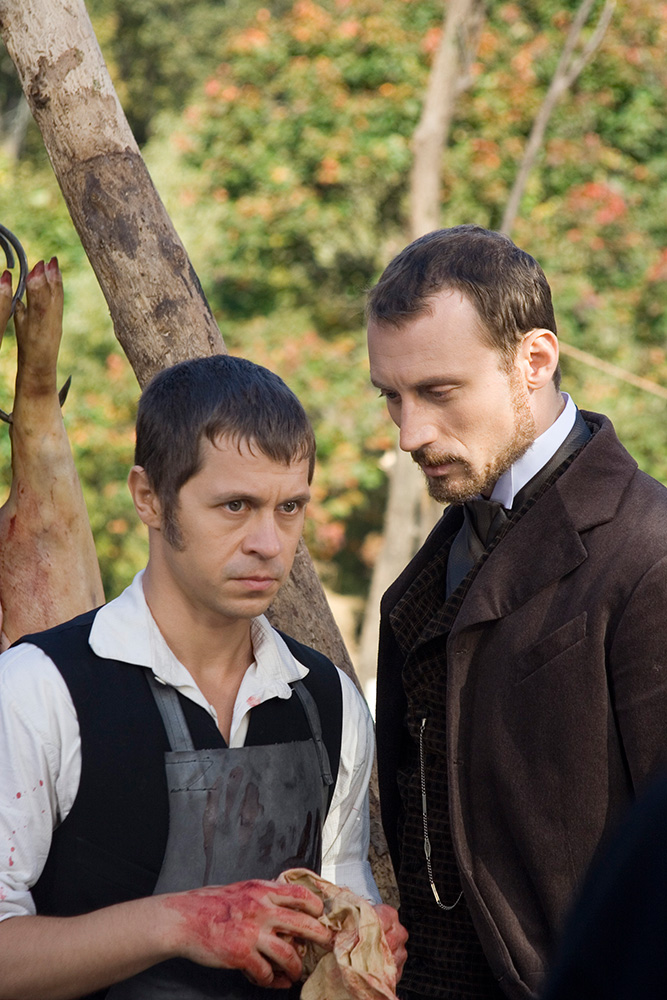
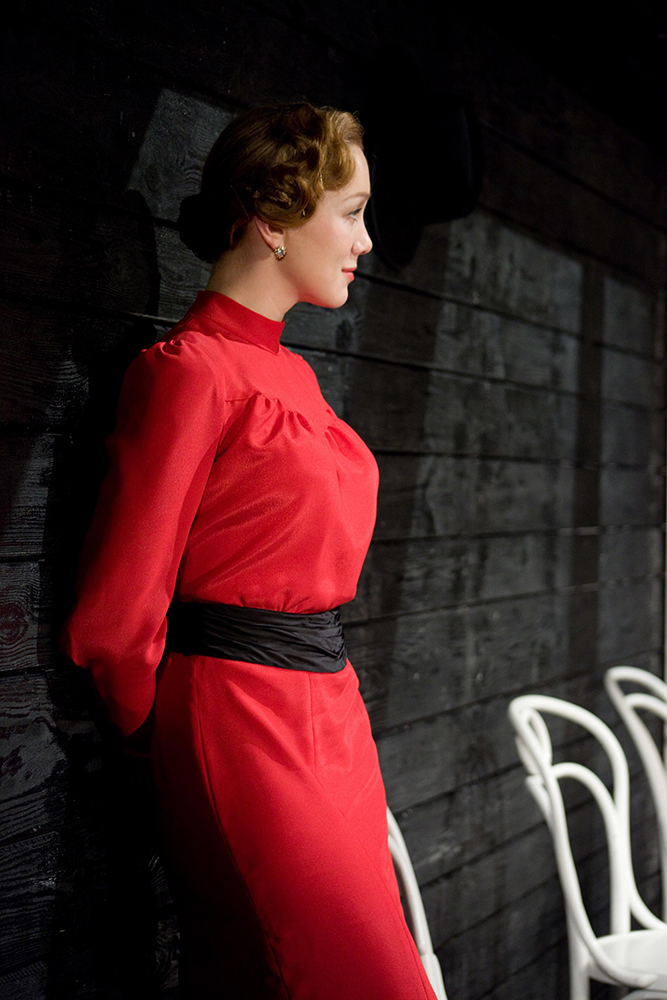
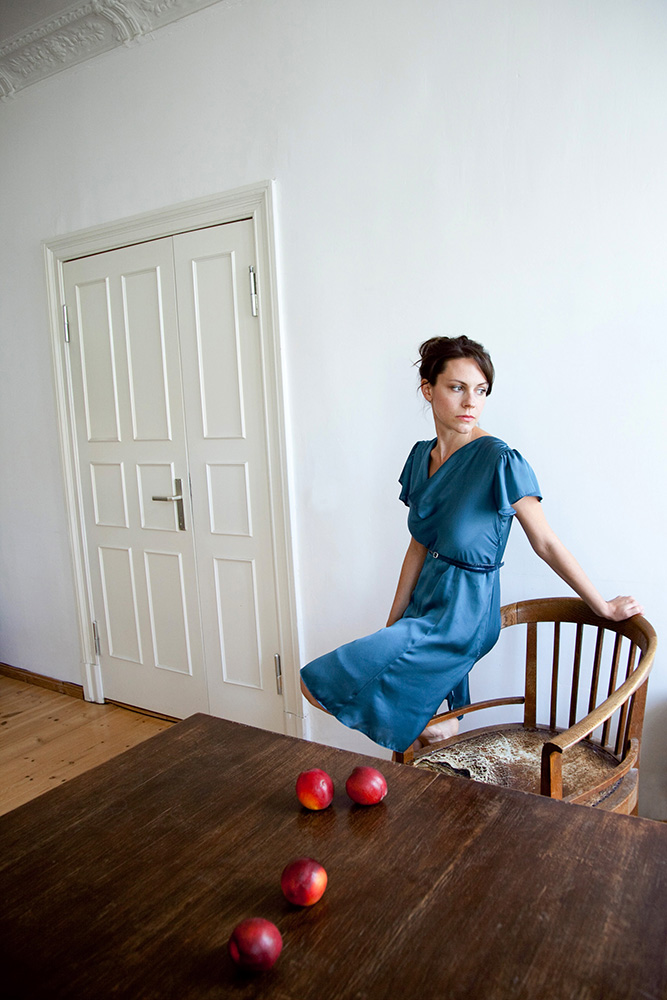
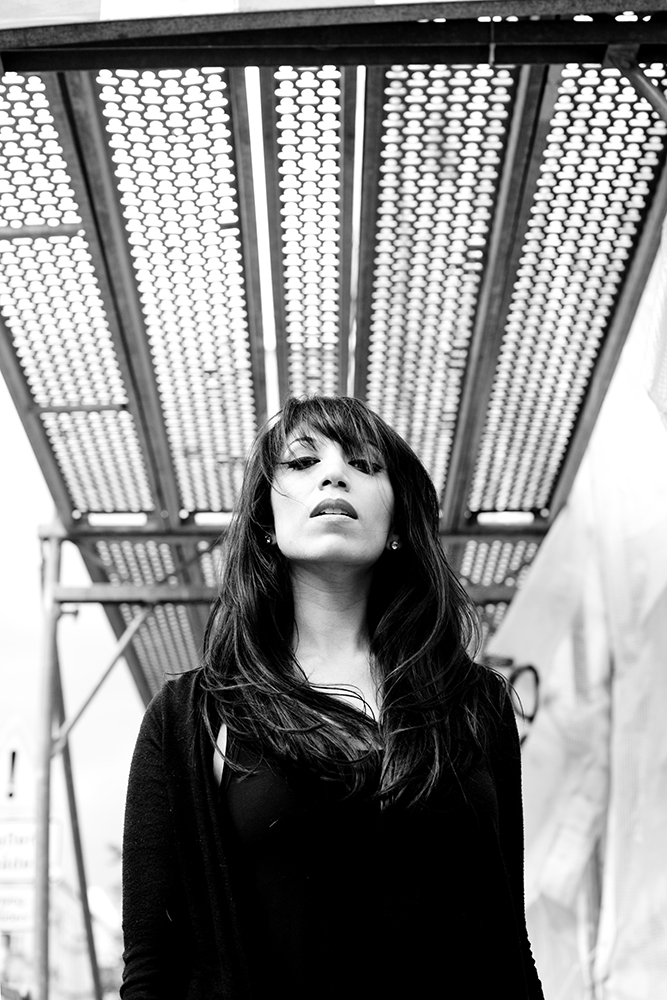
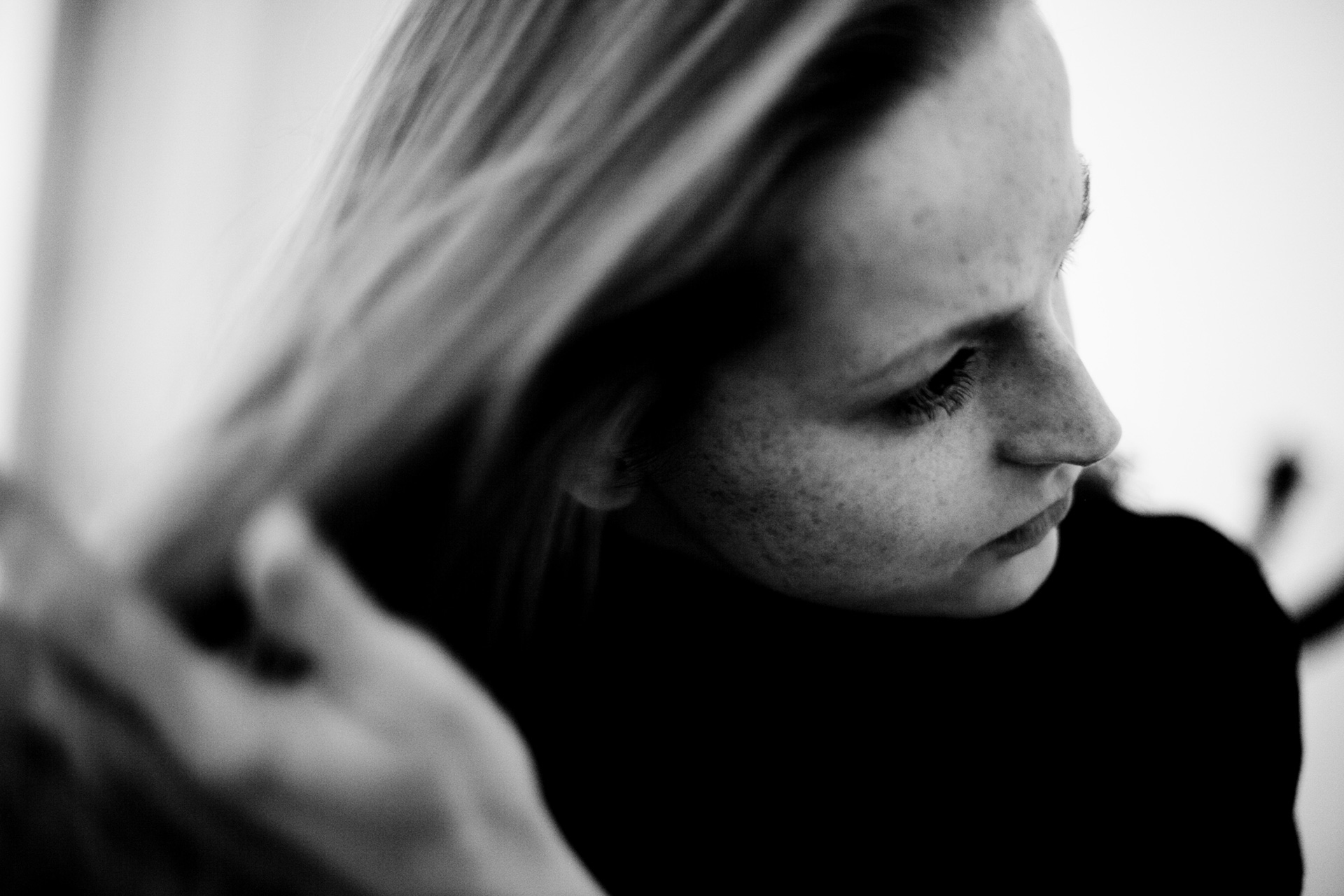
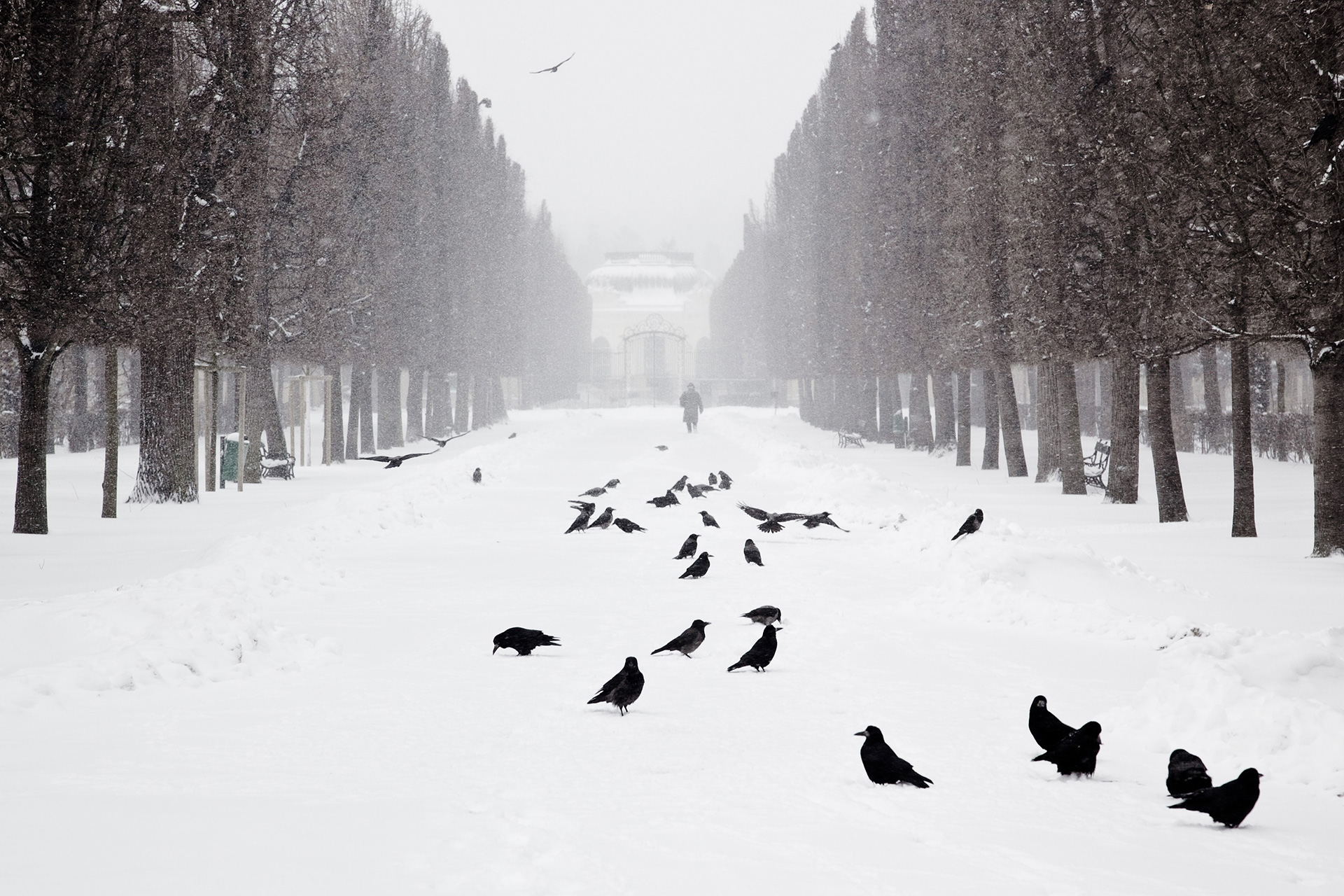
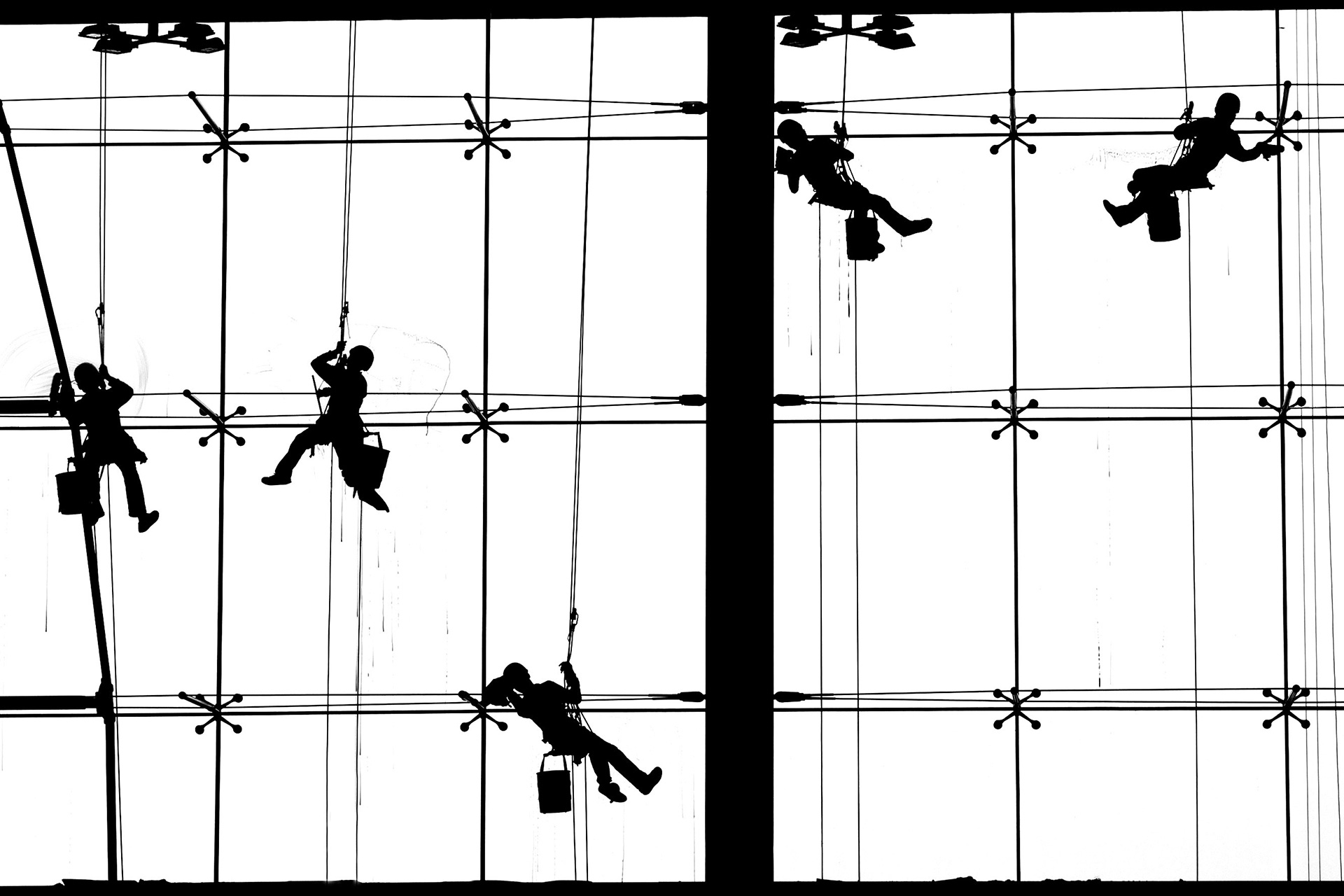
I don’t like taking pictures in the studio. It is hard to get people to act natural if they are sitting on a chair blinded by the lamps.
When I was eight, I got my first camera, a Smena, as a present. I immediately took pictures of all the guests, and they were not bad at all, but the camera broke pretty quickly. Much later, I had a photographer boyfriend who was taking pictures of me all the time, and it turned out to be contagious. I never studied photography, I just took the camera and started taking photographs of people who I thought were interesting (later I found out that almost everyone falls into that category).
I recently bought an iPhone and realized I was wrong to be somewhat contemptuous of the camera phone. Several photographs on my Berlin exhibition were taken with a phone. Largely thanks to obvious convenience, constant presence of this camera — it is always in the pocket and takes two seconds to take out — I started taking more pictures when I travel.
Last November, I spent a week talking to the refugees in Berlin — most of them were from Syria. I heard dozens of real stories and realized that no matter how much interest you have in the subject and how much news you read, before you hear the live account of the events, you know nothing. It was impossible to keep this amount of information to myself, and also my friends were always asking what was really happening in Germany with the refugee crisis. This is how the Berlin Syria project came to life.
I am a happy person: most of all in life I love people, theater, and travels, and I am lucky to have a profession that allows me to express this love, turning it into beautiful pictures. Making the world even more beautiful, to the extent of my humble abilities.
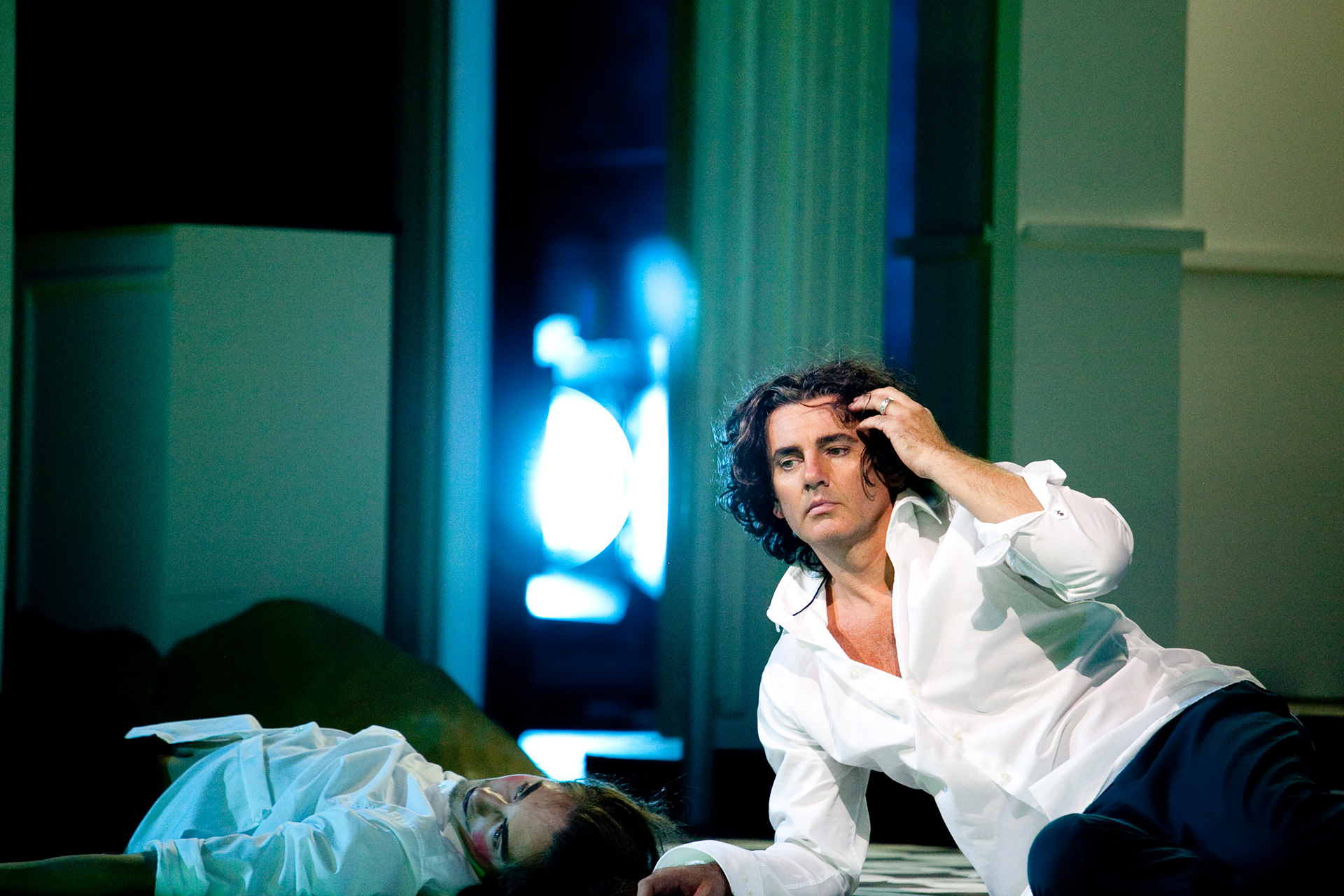
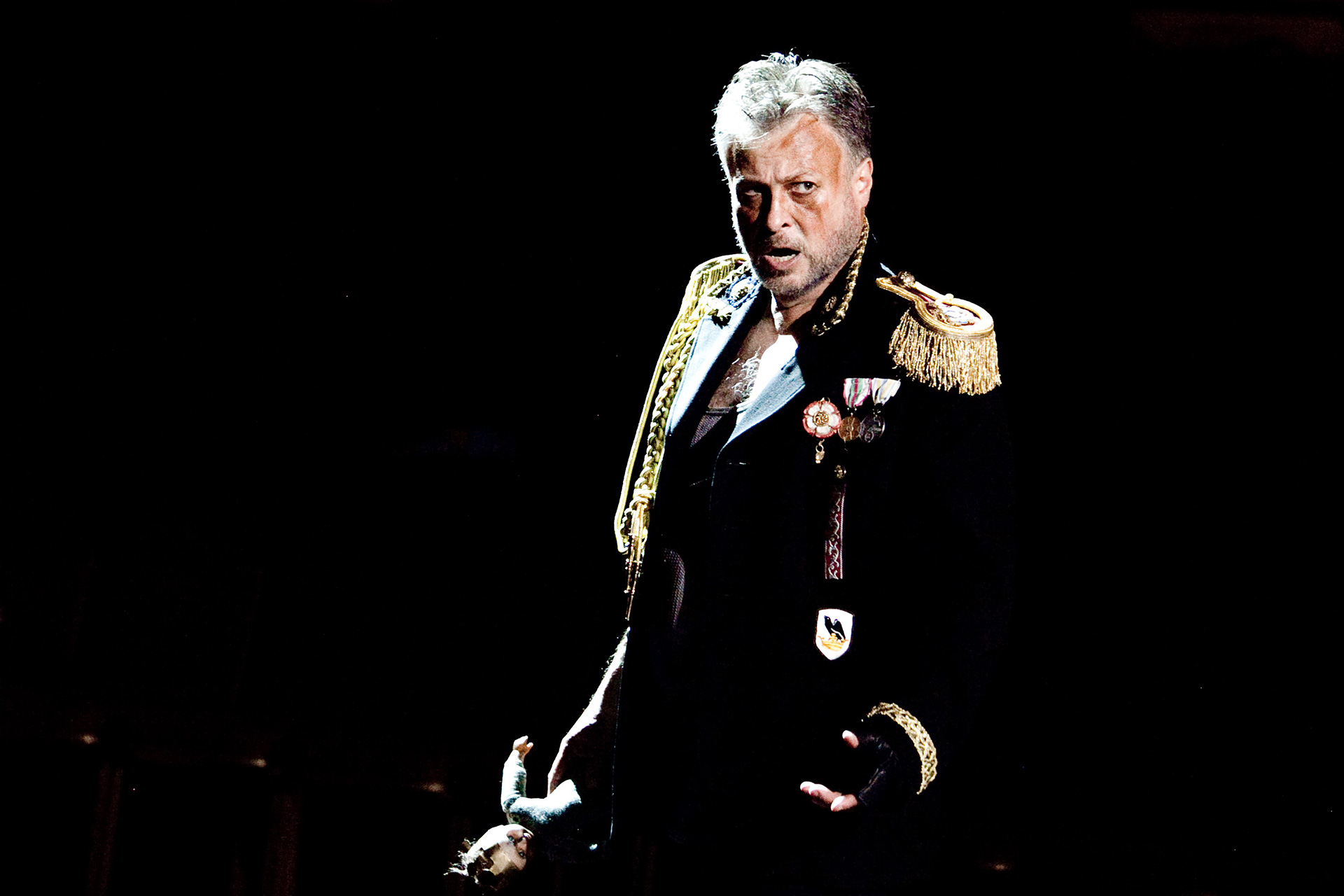
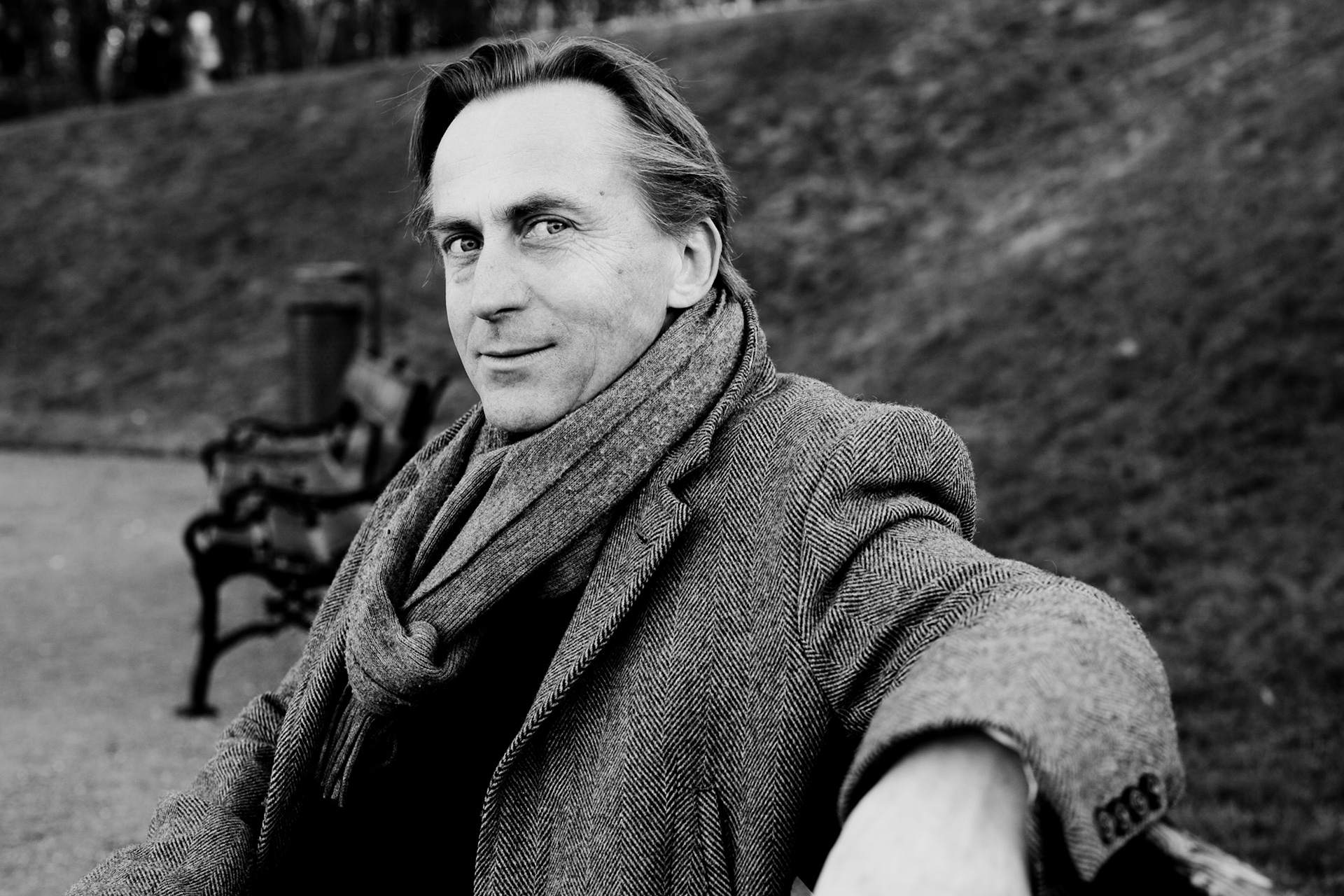
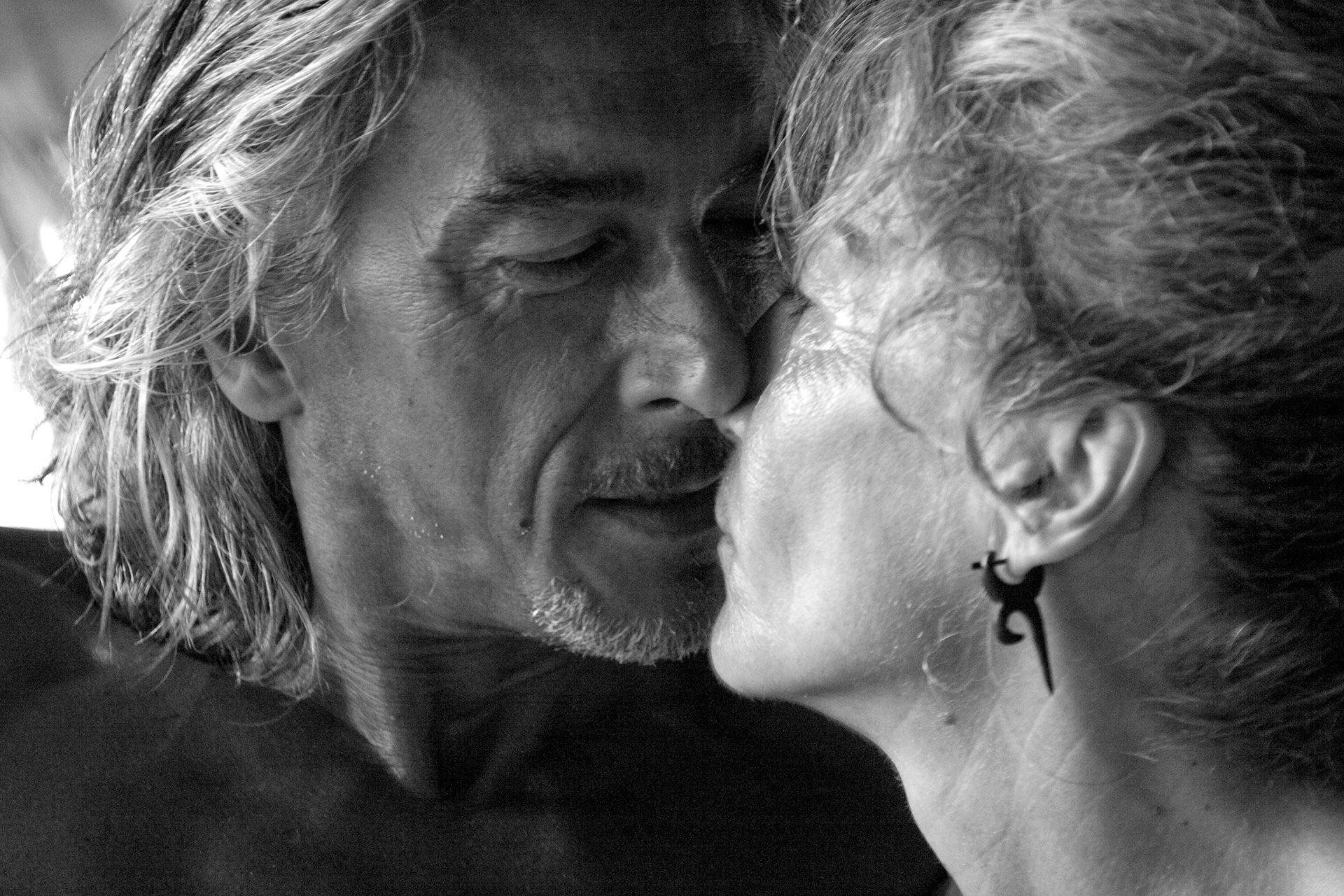
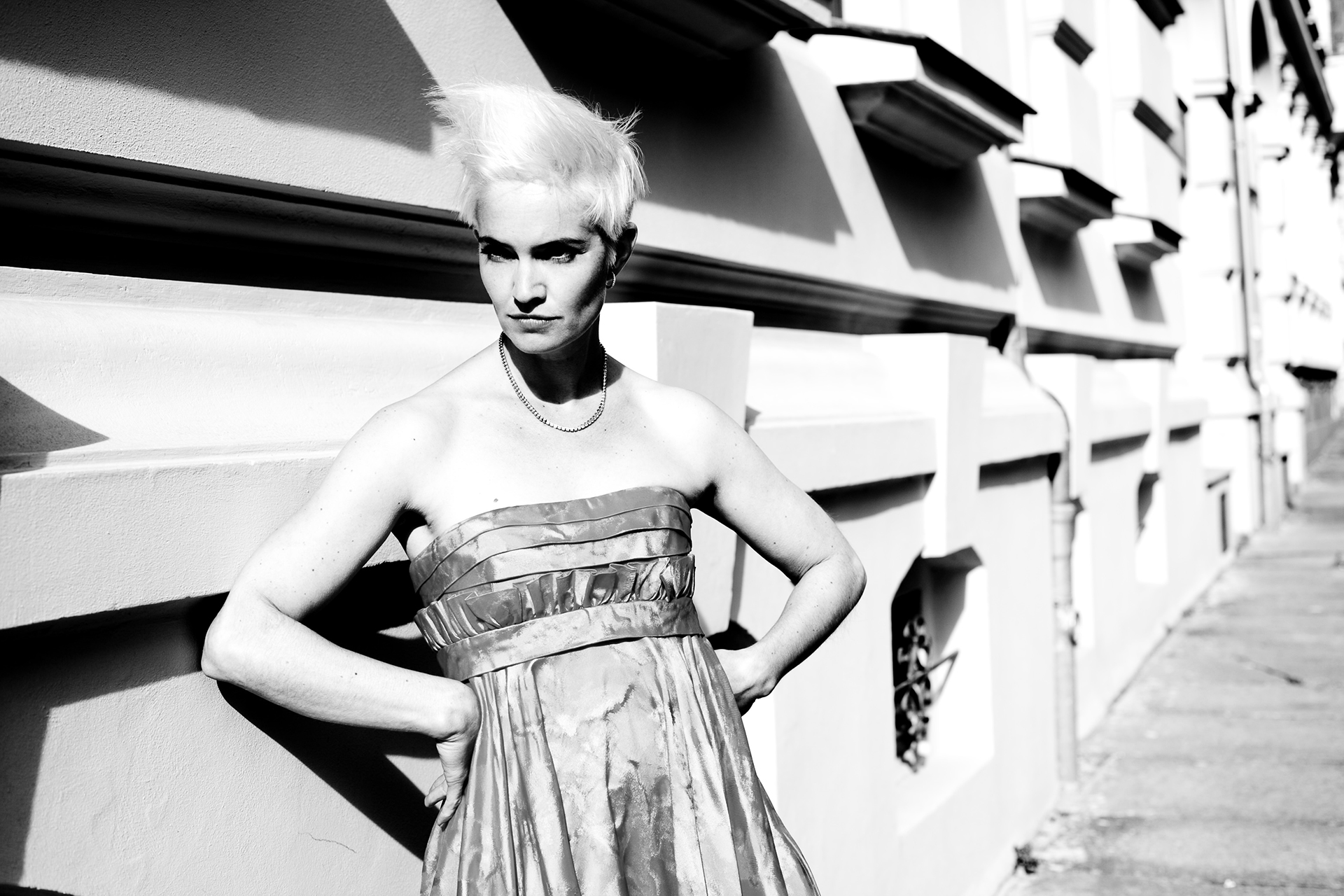
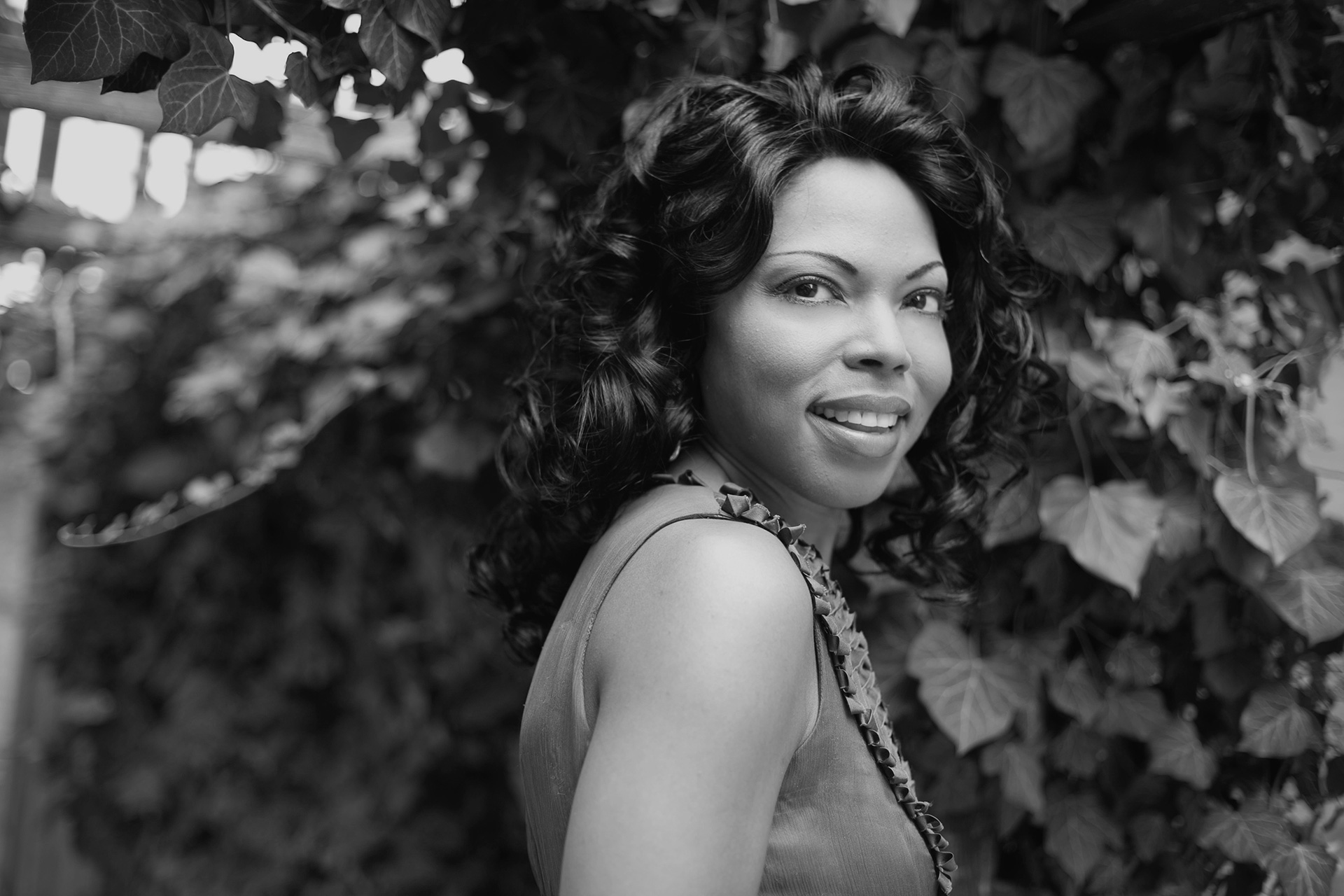
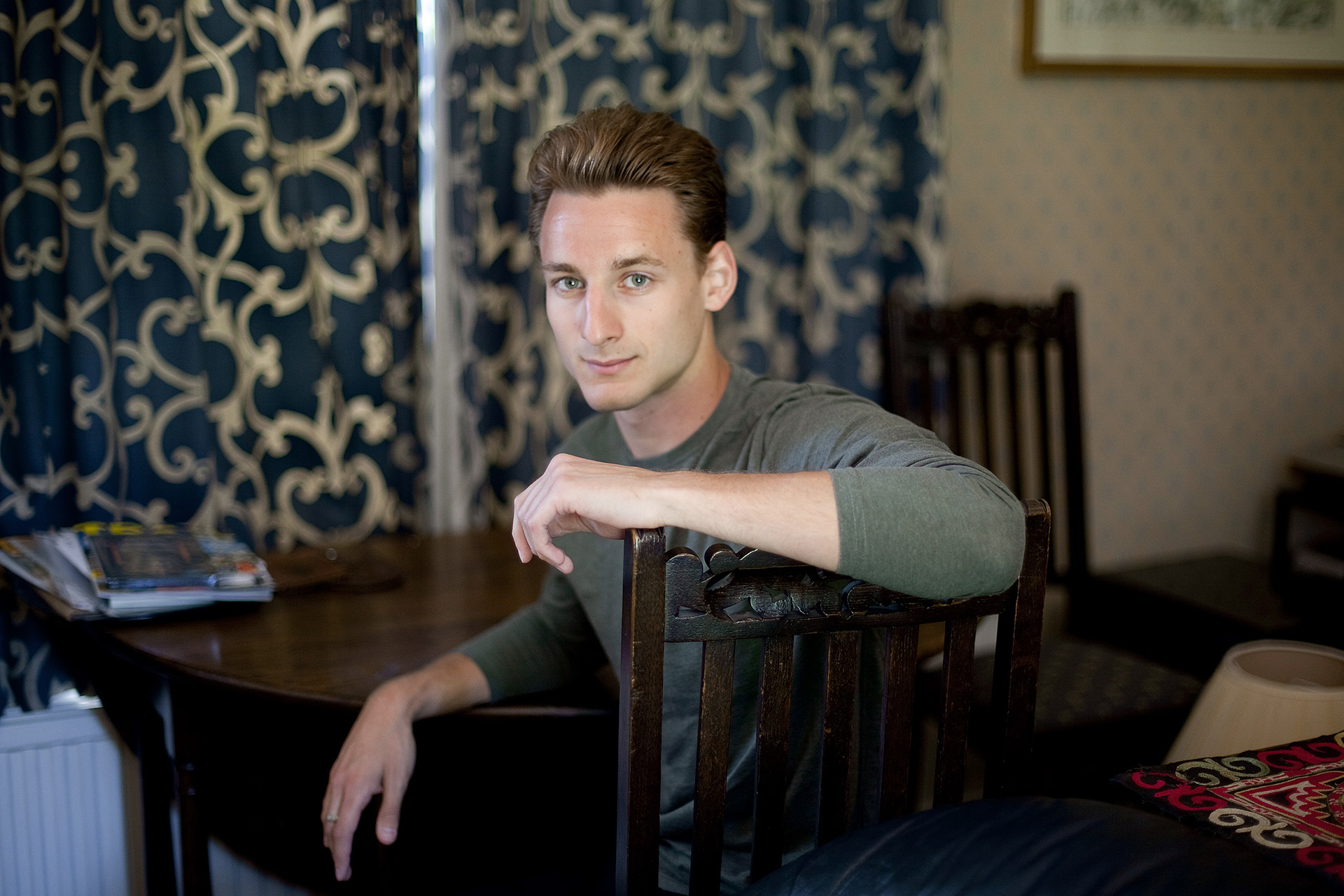
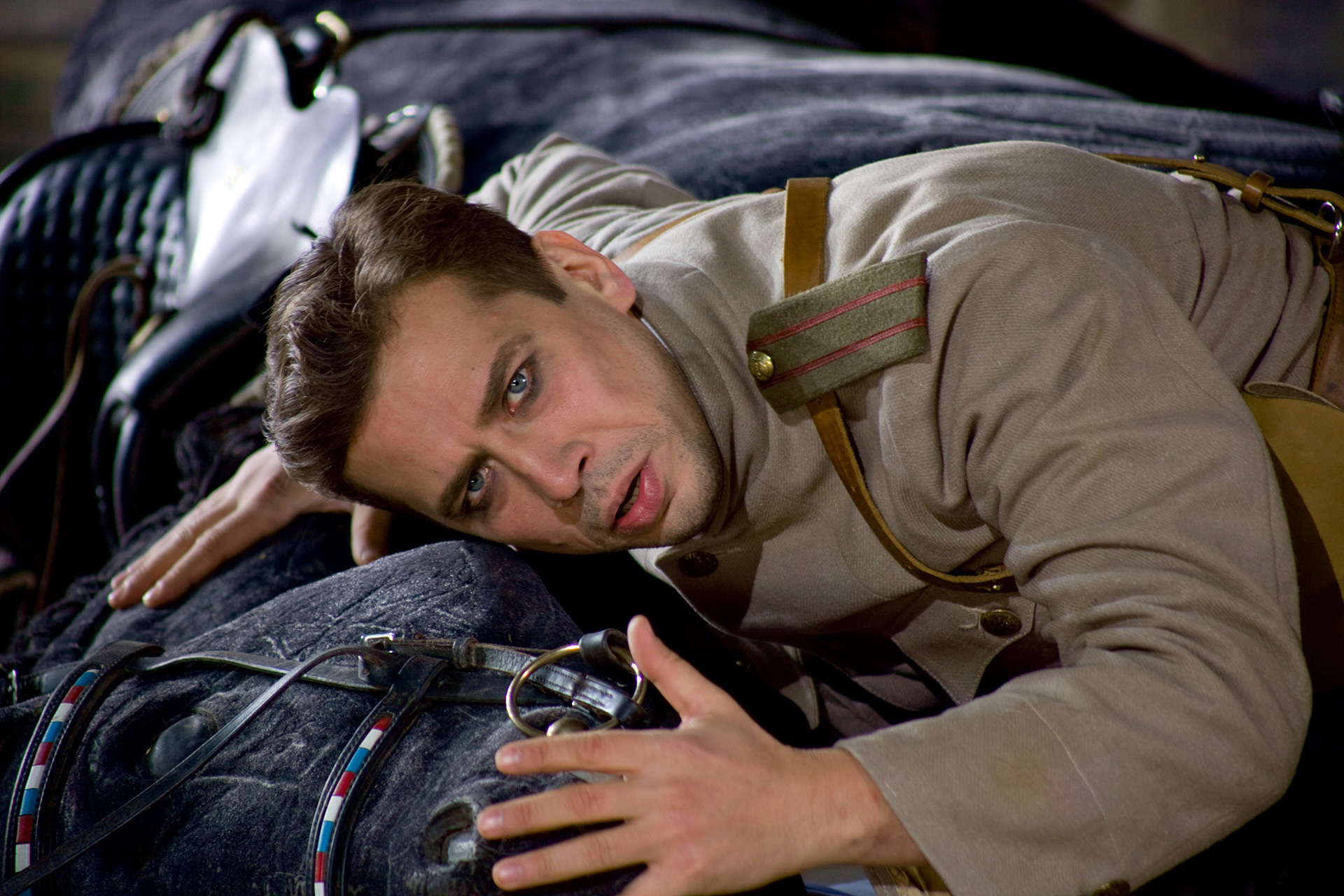
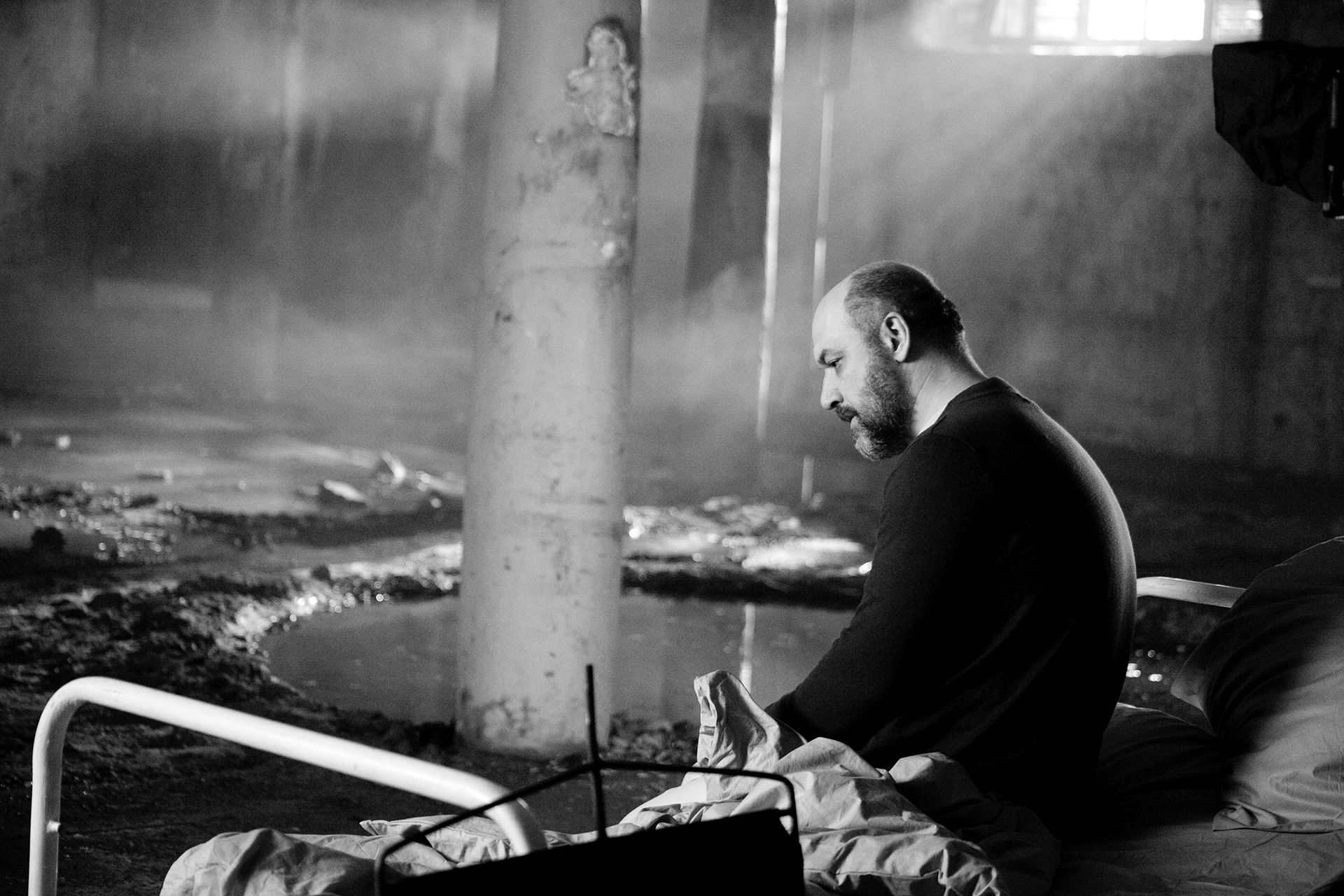
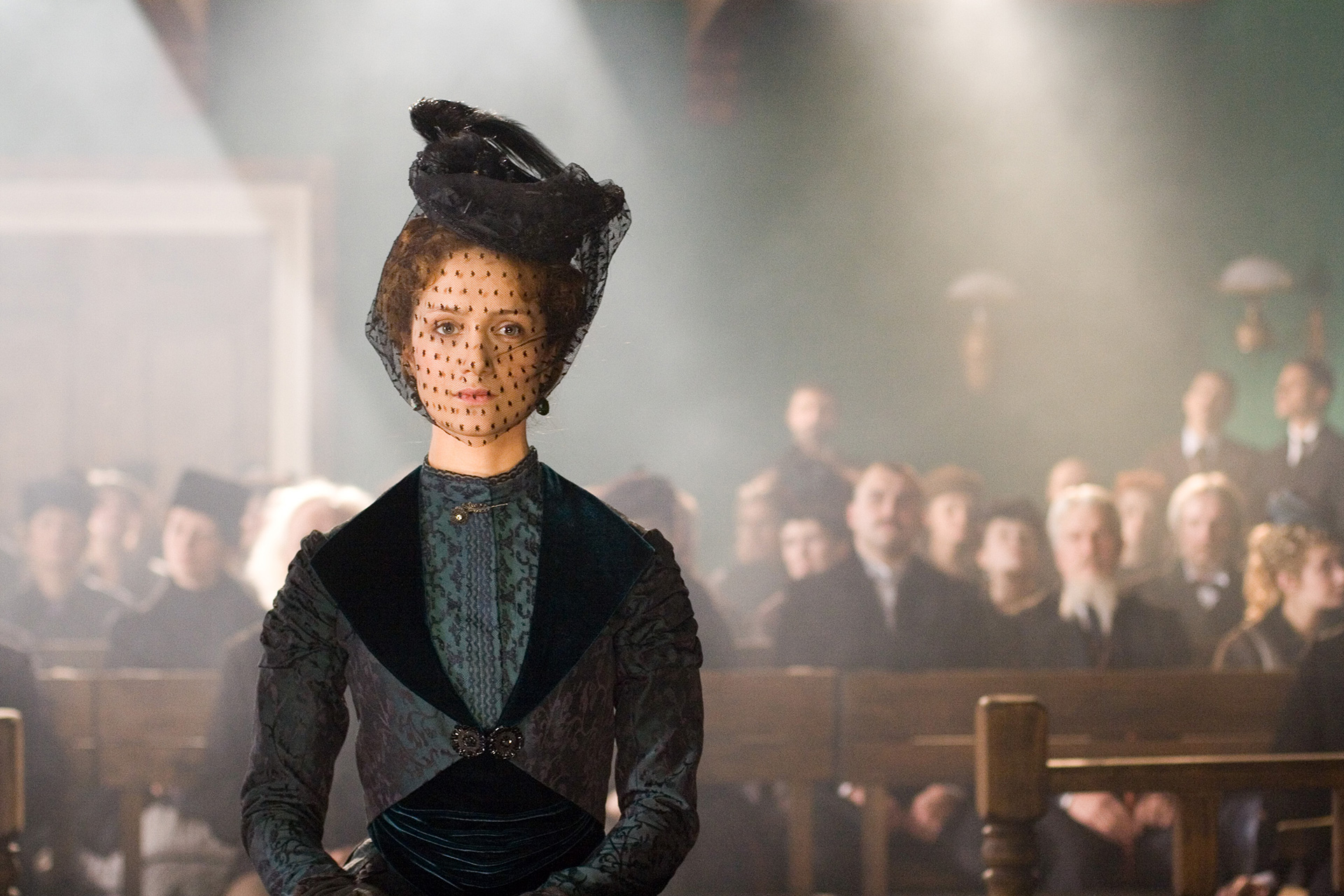
New and best
